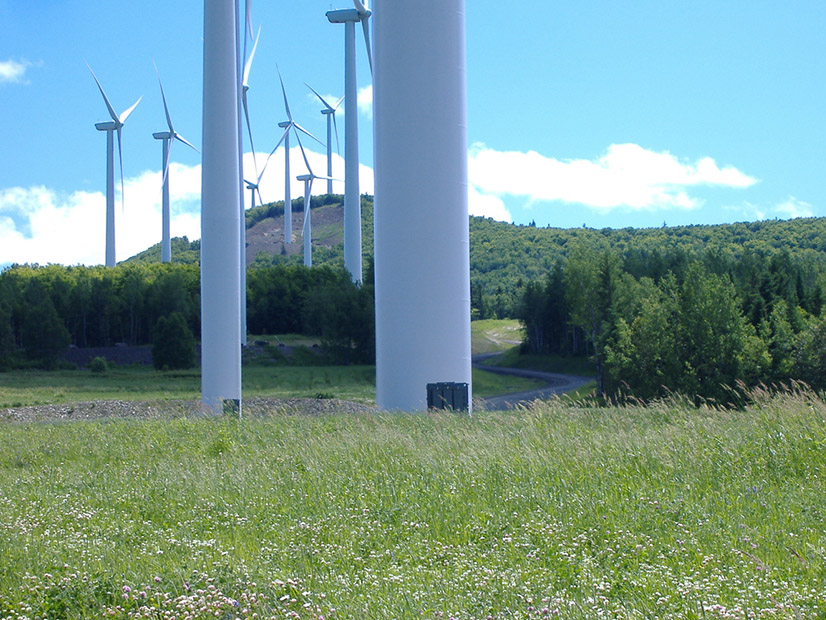
A pediatrician and public health expert is calling on the Massachusetts legislature to hold a hearing as soon as possible on legislation that would require the state to transition to 100% clean electricity by 2035.
The 100% Clean Act (H.3288) would also require the state to transition to 100% clean heating and transportation by 2045.
Pollution and climate change “pose very serious dangers to human health,” but it especially affects kids’ health, Philip Landrigan, director of the Global Public Health Program and Global Pollution Observatory at Boston College, said during a webinar on Tuesday.
The webinar, hosted by Environment Massachusetts, brought together health experts and energy policy experts to discuss the importance of transitioning to 100% clean energy in Massachusetts, instead of achieving net-zero emissions.
“We need to move very rapidly to clean energy,” Landrigan said. Fossil fuel combustion is responsible for 85% of particulate air pollution, and it is a major source of CO2, according to the International Energy Agency.
Pollution caused 9 million premature deaths in 2015 globally — three times more than AIDS, tuberculosis and malaria combined, according to The Lancet Commission on Pollution and Health, a group under the independent weekly medical journal The Lancet, and of which Landrigan is a member.
In 2016, 940,000 deaths in children globally were attributed to pollution, which causes low birth weight, cancer, asthma and neurodevelopmental disorders.
“Health protection and equity need to be the focus as countries move to control pollution and slow climate change,” Landrigan said.
The 100% Clean Act, filed by Rep. Marjorie Decker (D) and Rep. Sean Garballey (D), was referred to the Joint Committee on Telecommunications, Utilities and Energy in March, but it has not yet received a hearing.
100% is ‘Doable’
“We really do have the technology today to reach the goals outlined in the bill,” Sean Burke, a policy associate with the Northeast Clean Energy Council, said during the webinar.
Connecticut committed to zero-carbon electricity by 2040 in an executive order, and Rhode Island committed to 100% renewable energy by 2030.
Advances in long-duration energy storage and ground source heat pumps will allow Massachusetts to achieve 100% clean electricity by 2035 and 100% clean heating by 2045, but the state needs to start capitalizing on these opportunities now, Burke said.
The U.S. has a total solar generation potential of 284 million GWh, and a total wind generation potential of 40 million GWh, said Emma Searson, director of the 100% renewable campaign with Environment Massachusetts.
“The U.S. has the ability to produce 78 times the power from the sun that we used in 2020, and 11 times the power we used from wind in 2020,” Searson said.
The negative health impacts of fossil fuel combustion “underscores the need to make this transition as quickly as possible,” Landrigan said.
